As part of Ocean Week taking place from June 6 to 9 in Victoria, British Columbia, Canada, visitors will experience the Critical Distance program.
Users wearing VR headsets dive to the bottom of the ocean, swim with killer whales and witness them struggle with the noise from giant cargo ships. Noise is identified as a serious threat to these whales, causing stress, making it difficult for them to hunt and disrupting their ability to communicate.
A community initiative run by the Saturna Island Marine Research andEducation Association, called Spyhopper, has also made a positive difference in the protection of killer whales. Through a whale-watching network, people can report sightings of killer whales and the data is relayed to federal agencies to aid conservation. Thanks to the active participation of the community, the Spyhopper project is considered an effective community science model that can be replicated in the future.
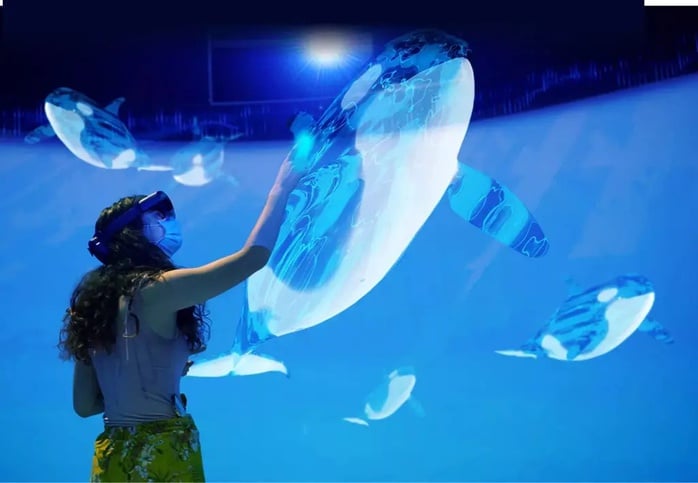
Users experience virtual reality technology to “meet” killer whales Photo: Ocean Week Victoria
According to Ms. Washington-Smyth, who brought the VR program to the capital city of Ottawa (Canada), the decisive factor for changing policy is the "soft power" of storytelling through technology, combined with the voice of the community. "Officials and politicians will listen when there is concrete evidence and the voice of the people," she affirmed.
Under increasing pressure from climate change and environmental pollution, the combination of VR technology and community science has opened up new hope for the conservation of rare killer whales - by helping to raise public awareness and create positive pressure on environmental protection policies.
Source: https://nld.com.vn/ke-chuyen-bang-cong-nghe-de-cuu-loai-ca-voi-quy-hiem-196250610202845578.htm



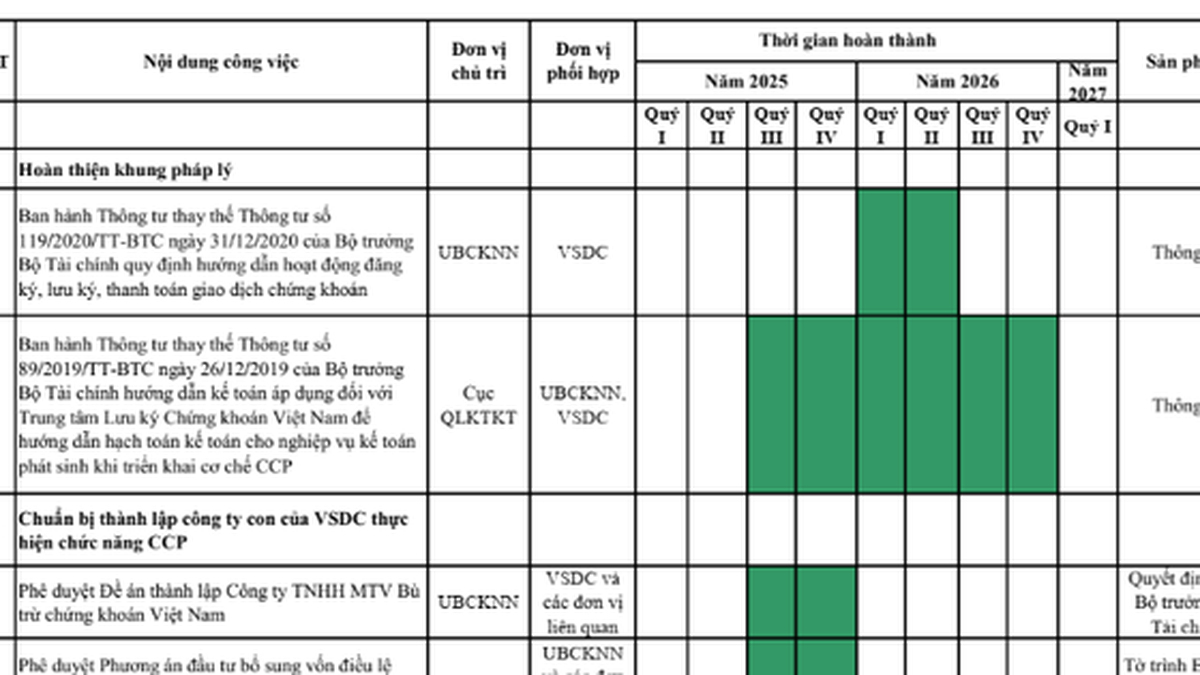




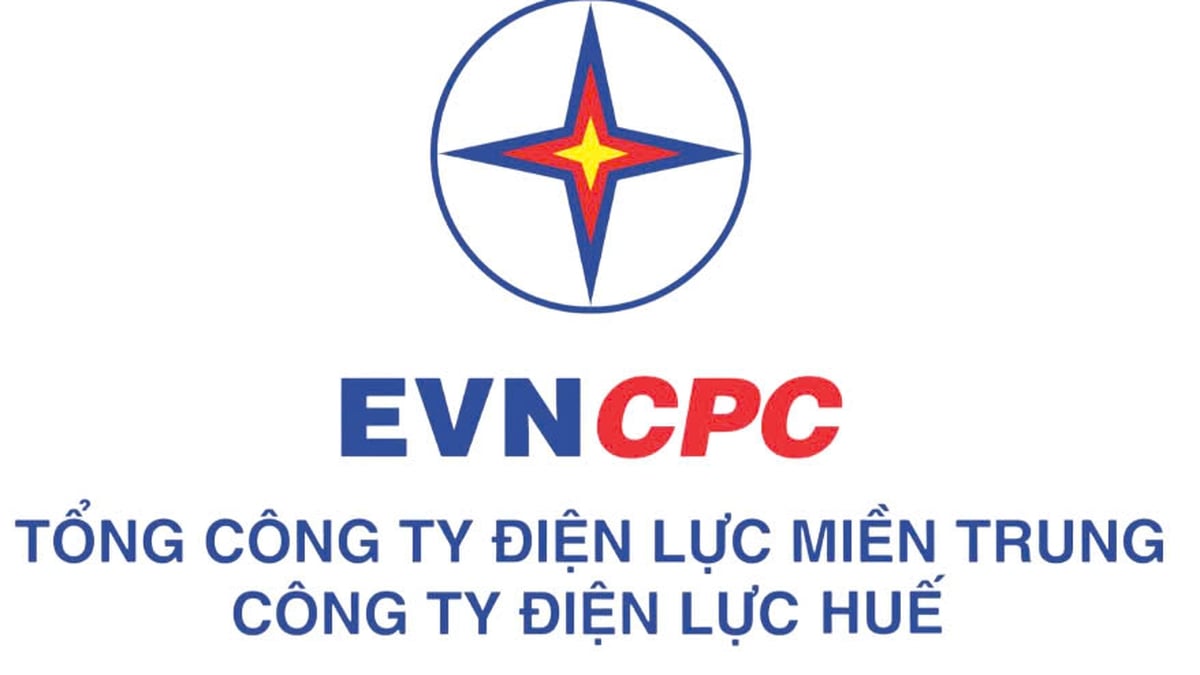

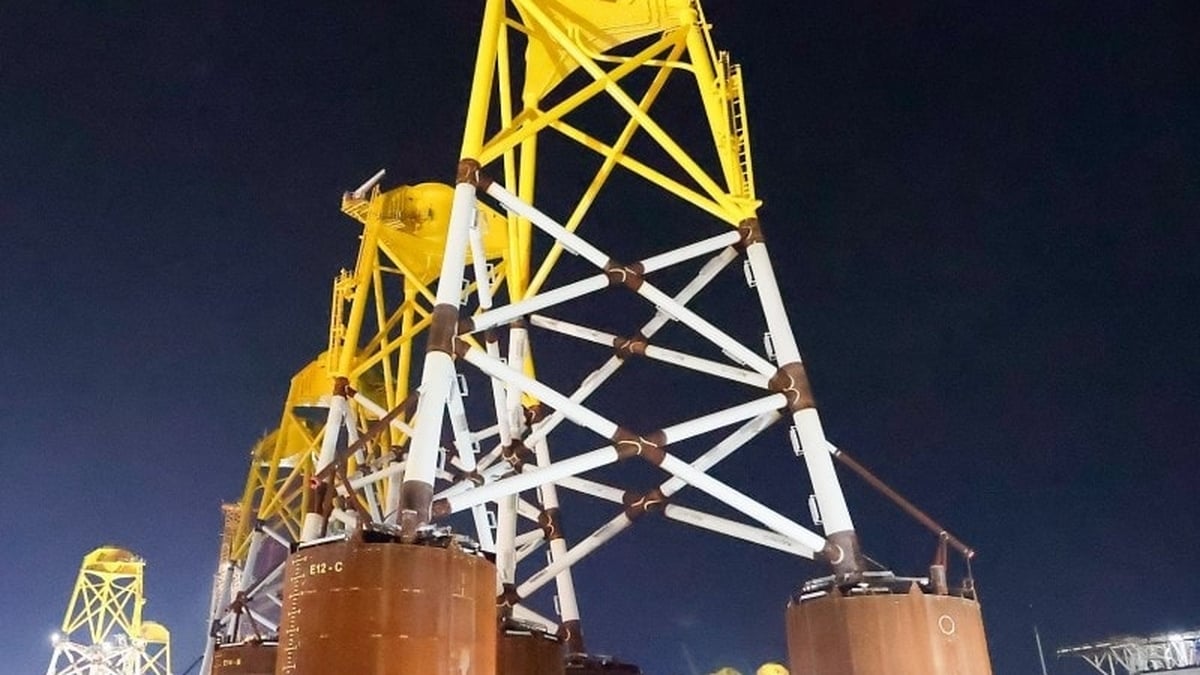
























































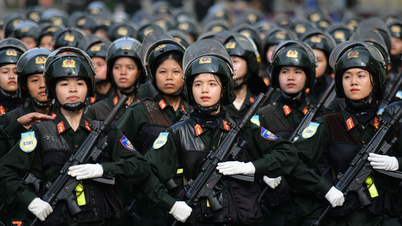




















![[Infographic] In 2025, 47 products will achieve national OCOP](https://vphoto.vietnam.vn/thumb/402x226/vietnam/resource/IMAGE/2025/7/16/5d672398b0744db3ab920e05db8e5b7d)














Comment (0)